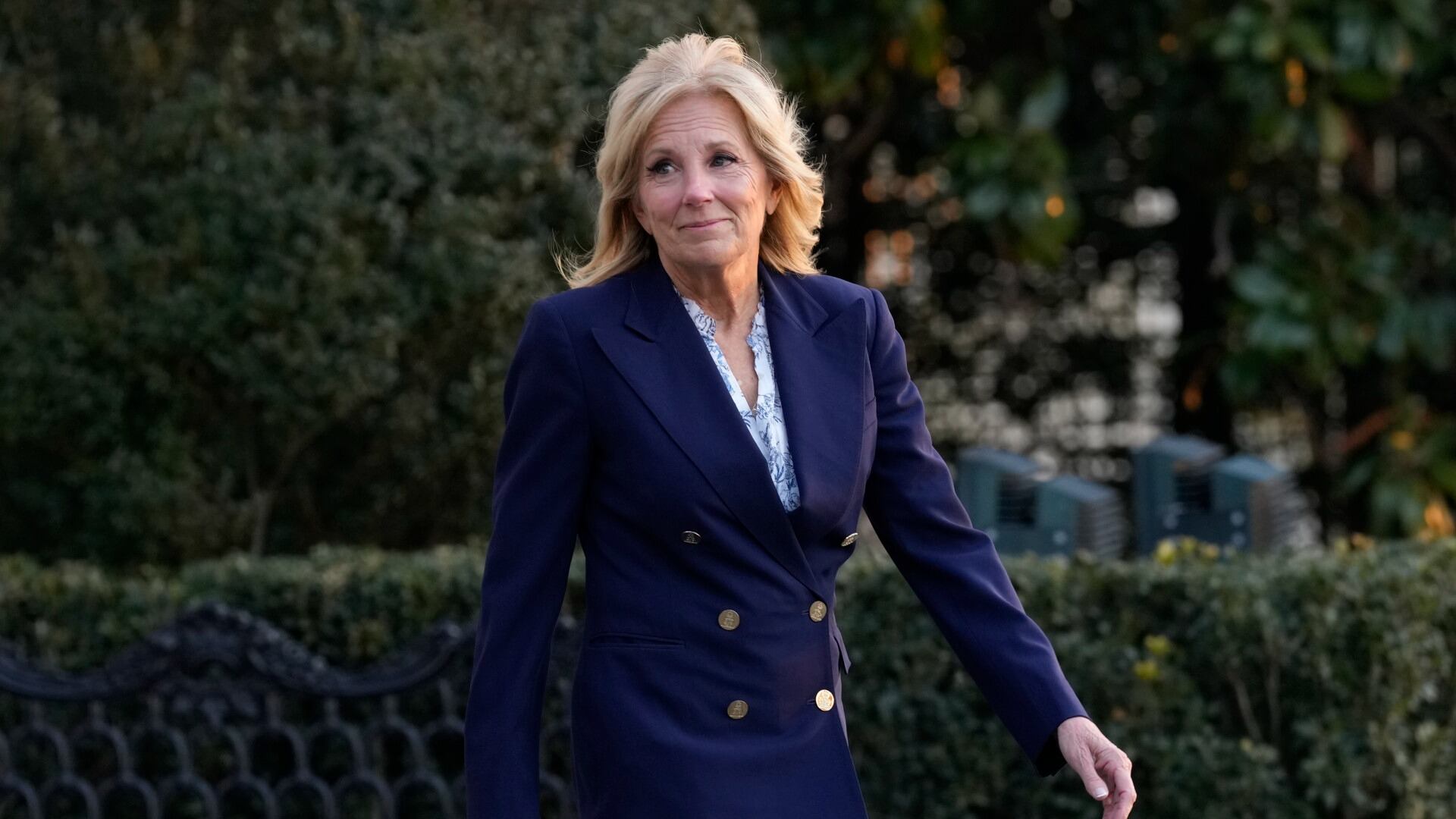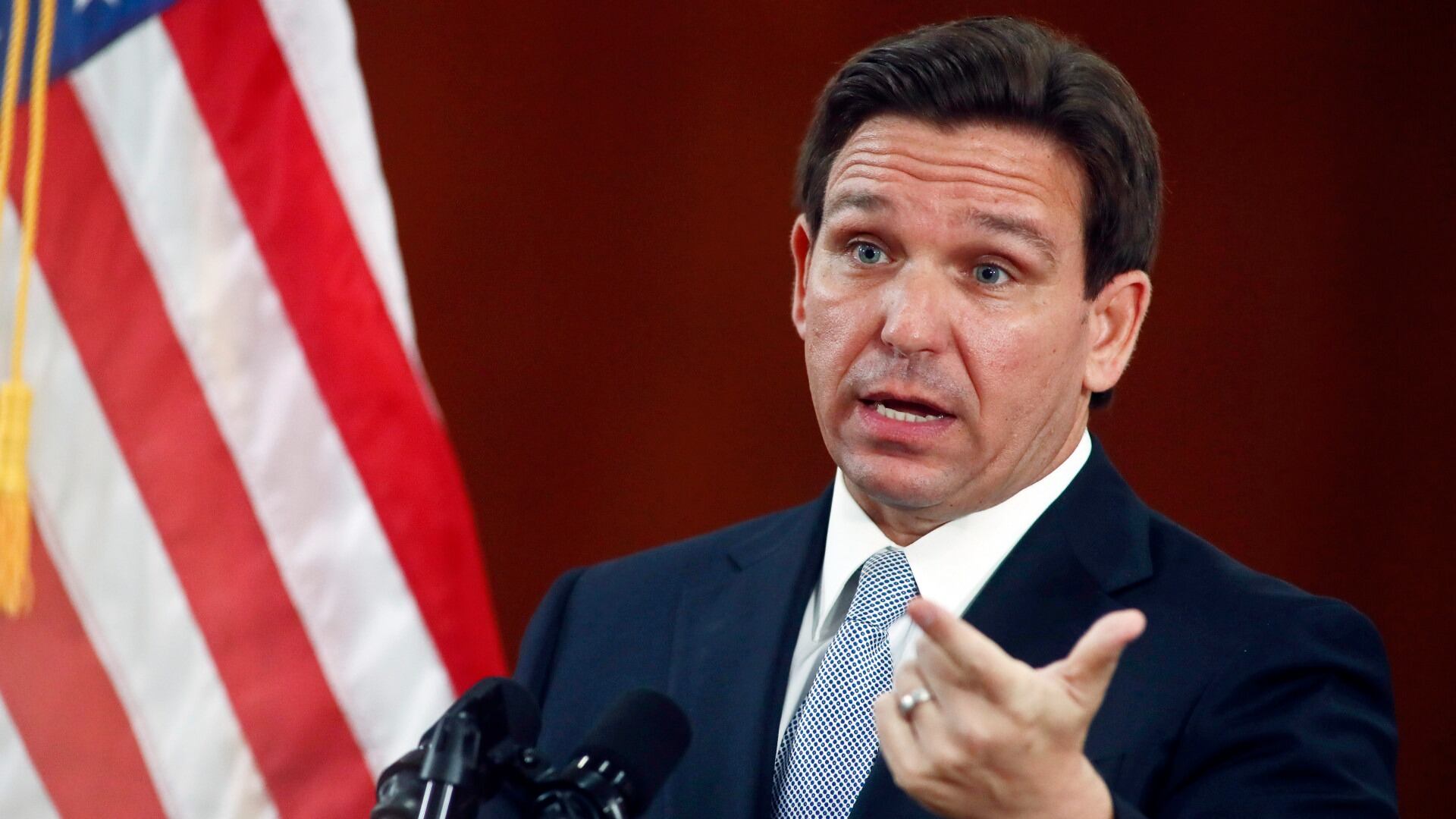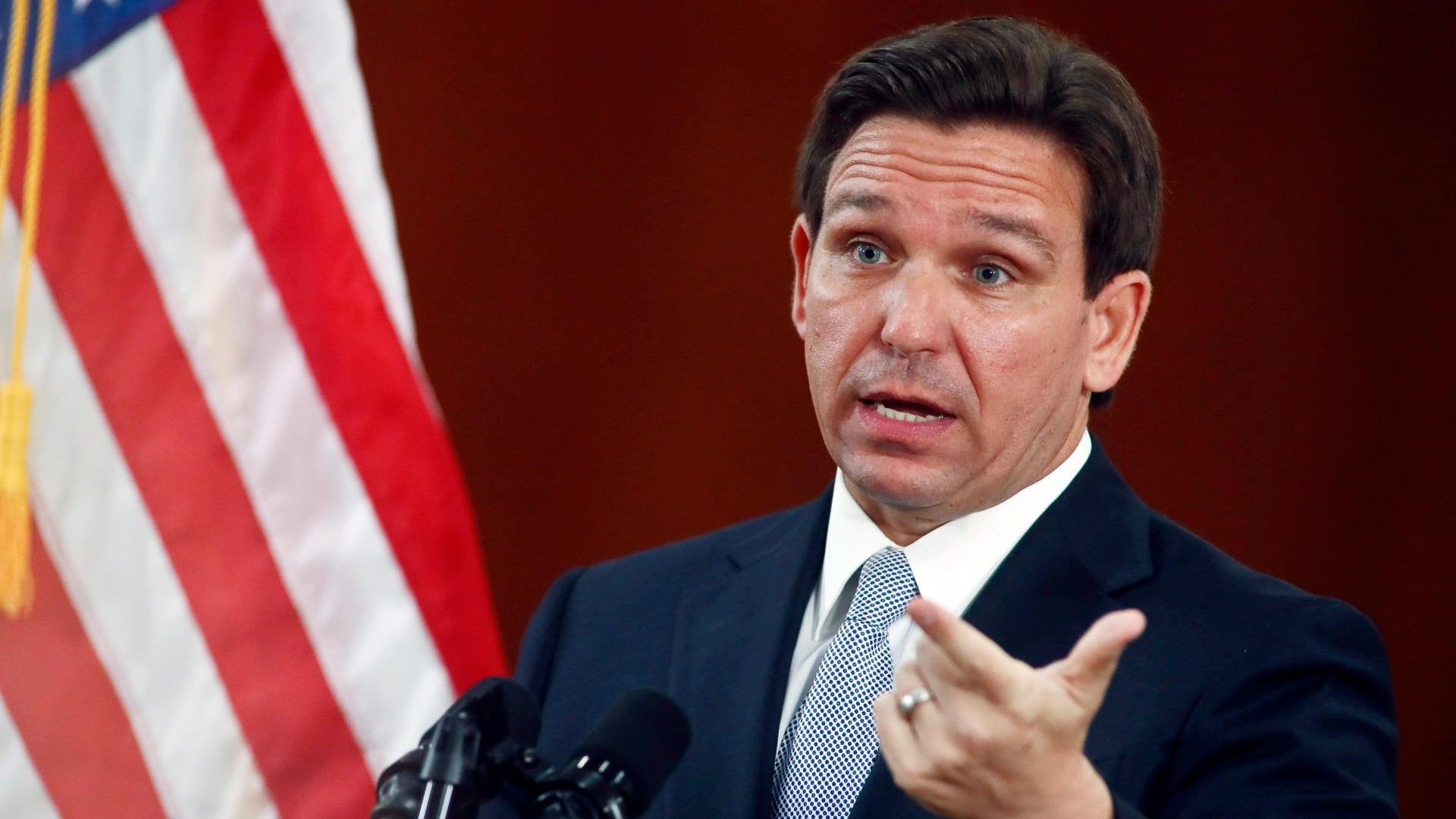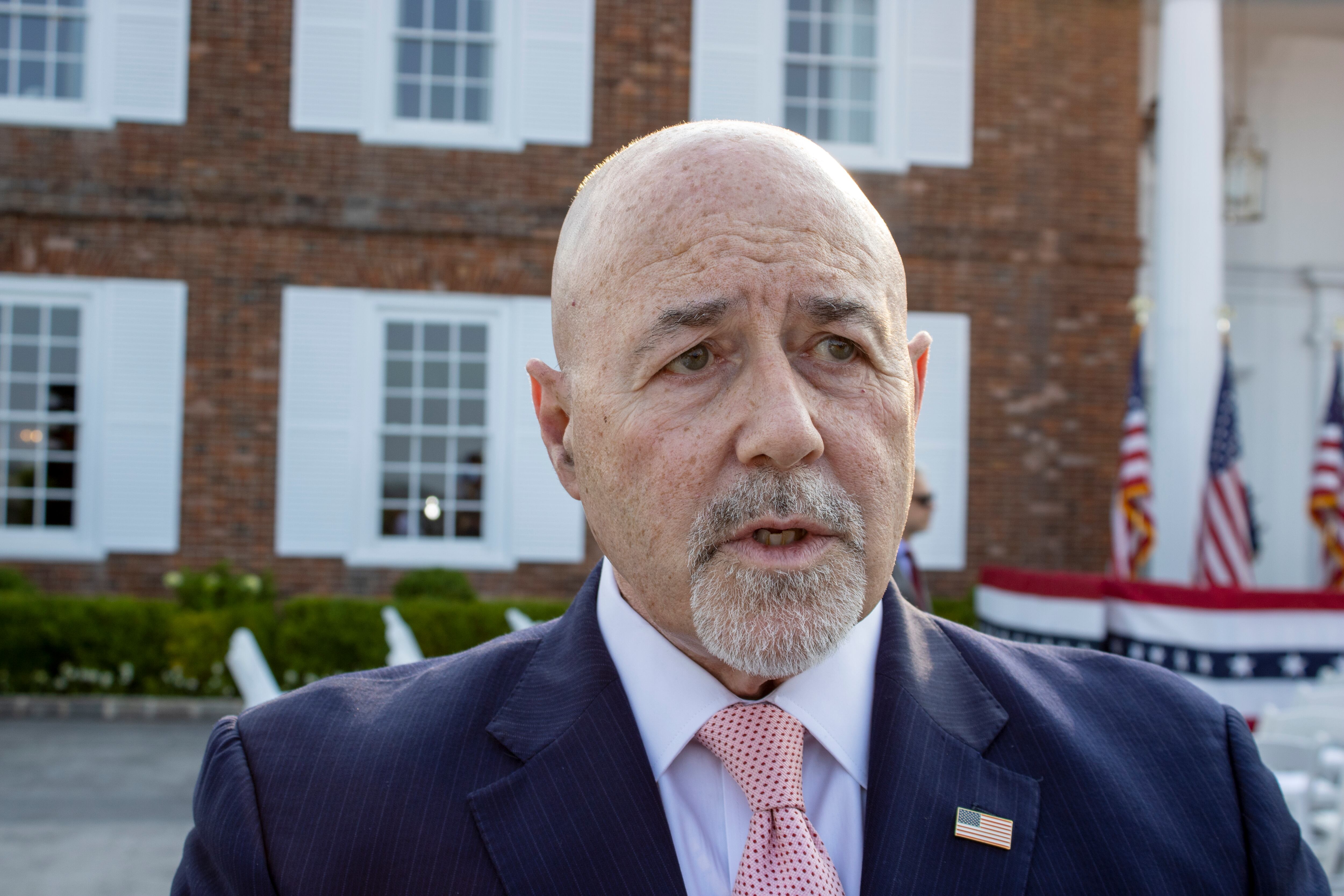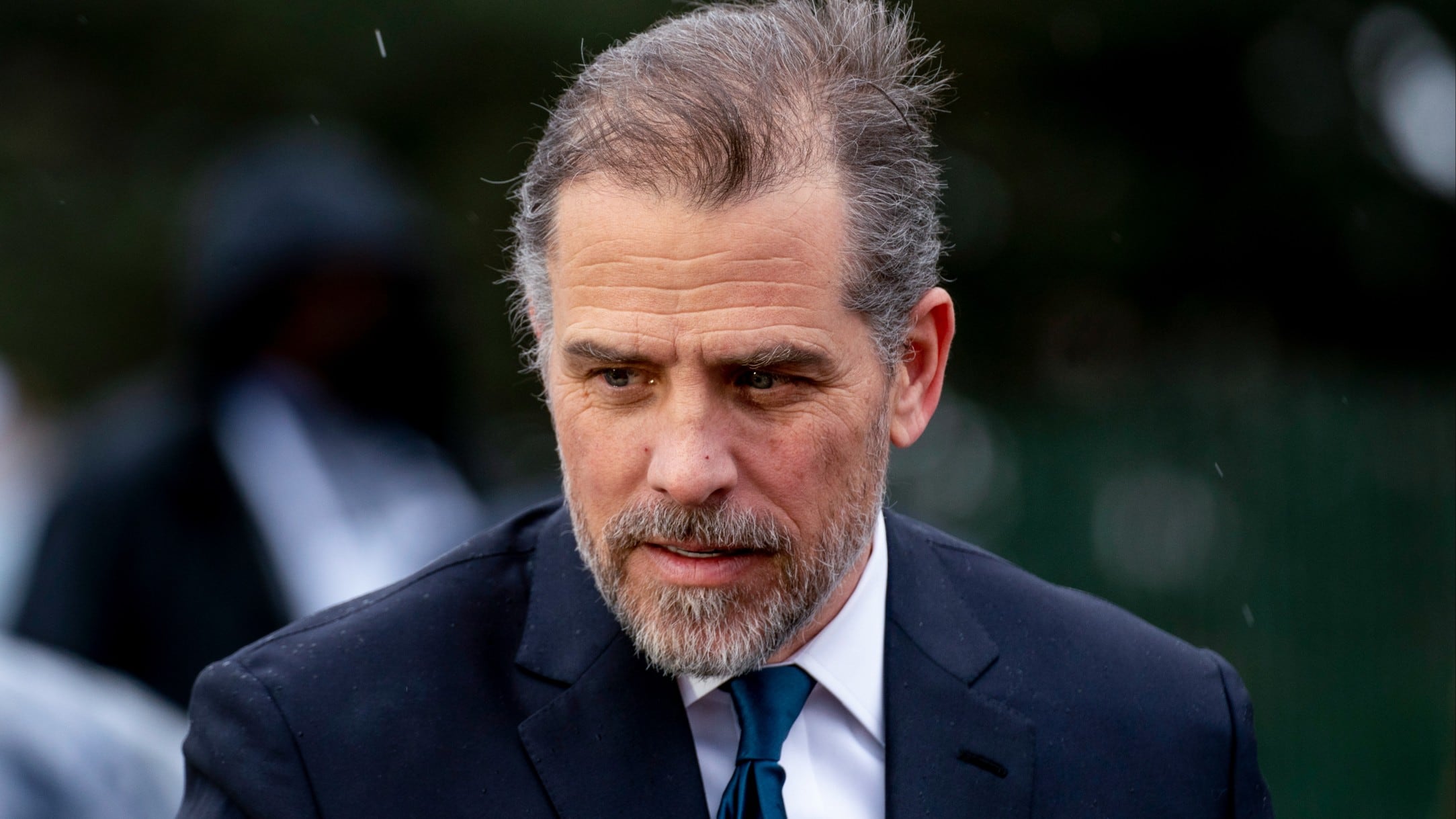By Lisa Mascaro and Kevin Freking
House Speaker Kevin McCarthy unveiled a sweeping package Wednesday that would raise the nation's debt limit by $1.5 trillion into next year while imposing a long list of Republican priorities, including new spending caps, work requirements for recipients of government aid and others that are sure to be nonstarters for the White House.
McCarthy announced that House Republicans were introducing their legislation just as President Joe Biden was taking the stage at a union hall in Maryland to warn of a looming fiscal crisis if Congress fails to take action to raise the debt ceiling, now at $31 trillion, to keep paying the nation's bills.
The 320-page “Limit, Save, Grow Act” unleashed by House Republicans has almost no chance of becoming law, but McCarthy is using the legislation as a strategic move, a starting point to draw Biden into negotiations that the White House has, so far, been unwilling to have over the debt crisis.
“President Biden is skipping town to deliver a speech in Maryland rather than sitting down to address the debt ceiling,” McCarthy, R-Calif., said in a speech on the House floor.
The package was swiftly embraced by leading Republicans as McCarthy has worked intently to unite his often fractious majority. A vote in the House is expected in a matter of days, in hopes of pressuring Biden to respond. Democrats in the House and Senate are almost certain to be opposed.
Among the bill's highlights:
— It would raise the debt ceiling by $1.5 trillion into next year, putting the issue squarely into the middle of the next presidential election.
— It would roll back spending to 2022 levels, and impose a 1% cap on future federal spending for the next decade, with likely exceptions for some defense accounts. It claws back unspent COVID-19 funds.
— Republicans want to rescind some of Biden's top policy achievements, including his executive action that provided student loan payment relief for millions of college students, a Democratic party priority.
— The House GOP measure would also roll back elements of Biden's signature Inflation Reduction Act — particularly the provisions that the White House and Democrats put in place to fight climate change — and halt money to the Internal Revenue Service that was designed to conduct audits of potential tax cheats.
Loading the bill up are other Republican priorities, including their marquee H.R. 1, a sweeping energy bill that aims to boost oil, gas and coal production while overhauling permitting regulations to ease such developments.
The package includes a long-sought Republican effort to impose tougher work requirements on recipients of government aid, including people dependent on food stamps, Medicaid for health care and general cash assistance.
Missing from the bill are reductions for the Medicare or Social Security programs used mainly by older Americans. Democrats had warned that Republicans wanted to gut those programs. It also steers clear of rescinding the $35 monthly cap on insulin for Medicare recipients and other provisions for lowering prescription drug prices that Biden signed into law last year.
Overall, the legislation is a designed to be a marker for Republicans, a bill that could unite what McCarthy's team has called the “five families” — the often warring factions of conservatives and hard-right Republicans in the House GOP majority.
What remains to be seen is if McCarthy's effort will satisfy the House Freedom Caucus and others on the speaker's right flank who have pushed for even steeper reductions and revisions in federal spending.
Rep. Dusty Johnson, R-S.D., the chairman of the Republican Main Street Caucus, said the final product included his group’s priorities for spending caps, work requirements and other provisions.
With the nation in debt and the deadline looming in six weeks, “we are duty-bound to address both of those crises. Republicans have a reasonable plan to do so,” Johnson said.
Raising the nation's debt limit, once a routine vote, has become politically treacherous in Congress, often used particularly by Republicans as leverage to extract priorities that they otherwise have been unable to pass into law.
For now, the Treasury Department is taking “extraordinary measures” to allow continued borrowing to pay off already accrued bills, but that will eventually run out, likely this summer.
This week, Goldman Sachs warned that the date when the federal government runs out of maneuvering room on its cash flows could be as early as “the first half of June.”
"We must address record spending now," said a joint statement from McCarthy's leadership team, including Majority Leader Steve Scalise, R-La., Whip Tom Emmer, R-Minn., Conference Chair Elise Stefanik, R-N.Y., and Budget Chairman Jodey Arrington, R-Texas.
While the Republican leaders claimed the package would save money, some proposed changes would actually cost taxpayers.
Previously, the nonpartisan Congressional Budget Office had projected that rescinding the extra IRS funding would increase deficits over the coming decade by more than $114 billion.
A full CBO cost analysis of the new package is not expected for some time.
The plan has been in the works for weeks, if not longer, but came together quickly in recent days.
